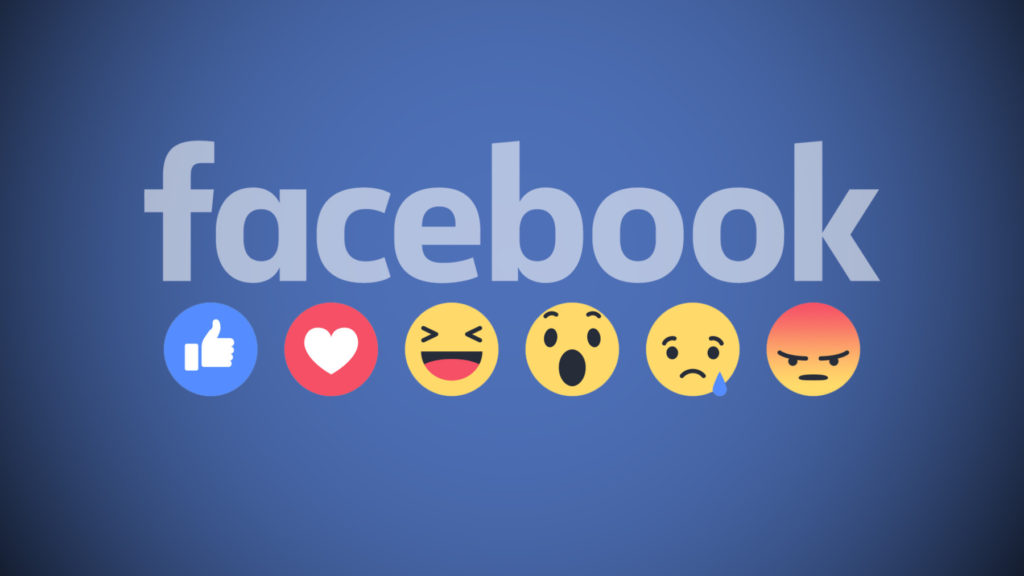“That Tweet totally made me change who I will vote for president this election” said absolutely nobody this year.
That was what I was hoping to communicate in yesterday’s column, Facebook Didn’t Tilt the Election.
Quite a few emails and tweets made it clear many of you disagree. The pushback was surprising. Let me clarify what this column was NOT:
-A data driven analysis based on exit polls or sentiment surveys;
-A post-election excuse for either (terrible) candidate;
-An exoneration of Facebook’s algorithms;
-A defense of President Obama’s economic policies;
-A deep dive into how undecided voters broke last minute;
-A holistic analysis of the factors that affected the election;
-A critique of President elect Trump’s possible administration.
All of the above were critiques as to what some thought this column was about.
To emphasize what it was actually about, in case this was not self-evident from the 598 words beneath the headline, this was a discussion about selective perception and confirmation bias that affects investors and voters alike.
Some emailers made clear what THEIR BIAS was — regardless of what was written.
My biggest beef about Facebook — aside from the creepy way it follows your activity around the web* — is that it trains the monkeys to respond to Headlines, never bothering to even read the actual columns.
It is somewhat ironic for me to be the one to defend Facebook: Pre-IPO, working with Dave Wilson of Bloomberg News, we figured out from Facebook’s S1 filing that their Daily Active and Monthly User numbers were wildly exaggerated. Click a FB “Like” button anywhere online and Facebook considers you to be an active user, which I guess can be now be considered true in post-fact America.
If and when anyone has data that can quantitatively demonstrate the impact social media had on the election, show how it changed votes, I would love to see it. My experience with people is that followers applaud fake news that agrees with pre-existing opinion, and people who disagree are more likely to be the fact checkers.
Even better, show it switched sufficient votes to tilt the election in those states that provided the margin of electoral college victory, I will enter this column into my annual mea culpas and write a new one explaining what I got wrong and why.
Let’s all stay on the lookout for some form of analyses coming from academics in Political Science over the next few years, explaining how Facebook changed the outcome of the election.
Until then, I remain skeptical . . .
__________
* Always log out (not just close the browser) of Facebook from your computer or mobile app – otherwise, your web browsing is tracked relentlessly, and ads are thrown back at you by FB. Annoying, and more than a little creepy.


